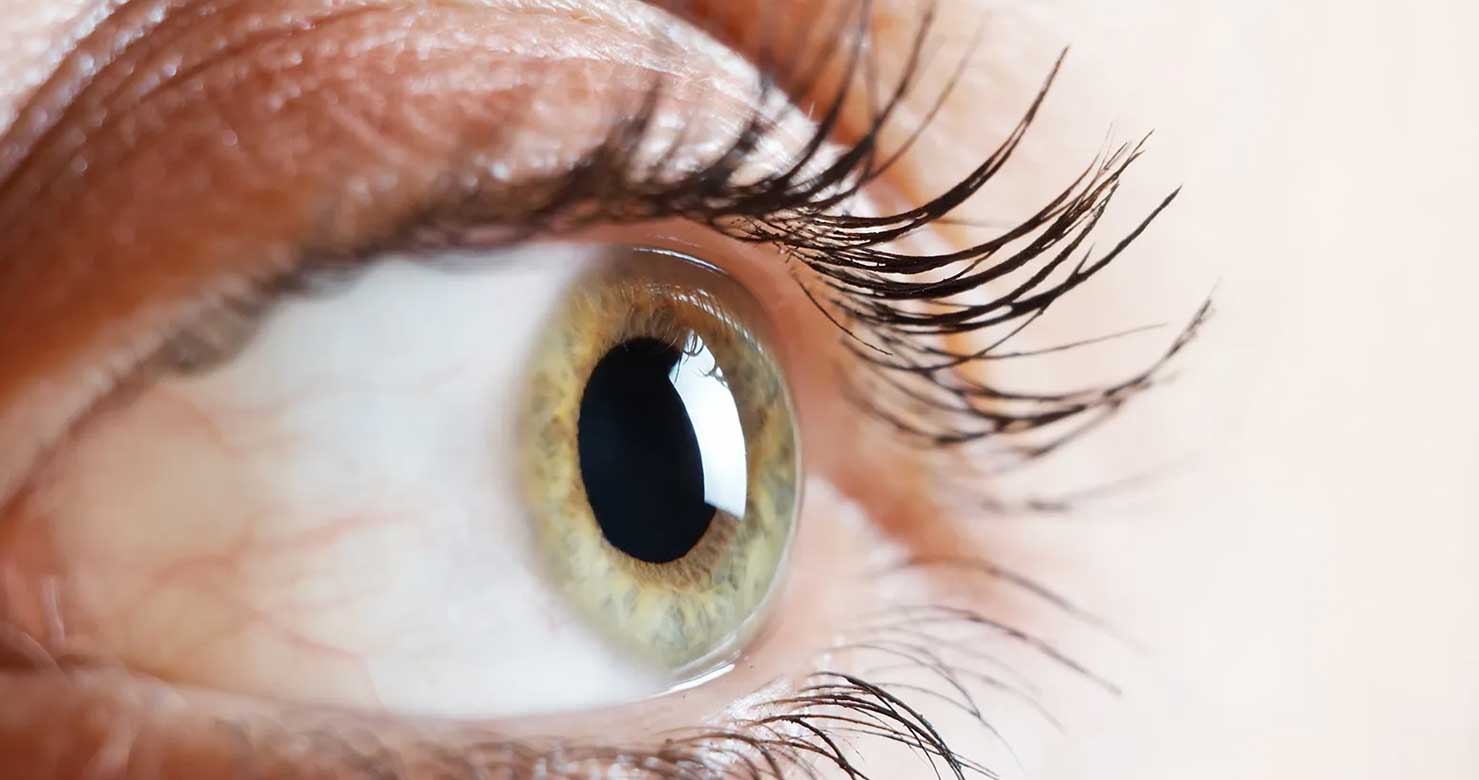
Sports And Mental Health
The relationship between physical health and mental health is becoming an increasingly researched and understood topic. Recent studies show that regular physical activity affects not only the body but also the mind in positive ways. Playing sports not only strengthens muscles, but also reduces stress, fights depression and improves mood in general. Here is an observation of this strong link between sport and mental health:
1. Endorphin Release and Happiness:
When we exercise, our body releases natural “happiness hormones” called endorphins. These hormones create a pleasant feeling of relaxation and happiness after physical activity. Therefore, exercising regularly can be an effective strategy to combat mental health problems such as depression and anxiety.
2. Stress Reduction:
Stress is an inevitable factor in today’s fast-paced life. Playing sports relaxes the body by reducing the level of stress hormones. Regular exercise is seen as an effective way to cope with stress.
3. Increased Self-esteem and Self-Confidence:
Achievements in sports can increase self-esteem and self-confidence. Achieving goals, gaining new skills and feeling better in the body can strengthen one’s self-confidence.
4. Social Interaction and Support:
Sports activities in groups encourage social interaction. Joining sports clubs or participating in team sports can help people expand their social circle and build support systems.
5. Mental Clarity and Concentration:
Regular physical activity can improve mental clarity and strengthen concentration. More oxygen to the brain can improve thinking skills and enhance mental performance.
6. Sleep Quality:
Playing sports can improve sleep quality. Regular exercise can help you achieve deeper and more restful sleep, which positively affects mental health in general.


